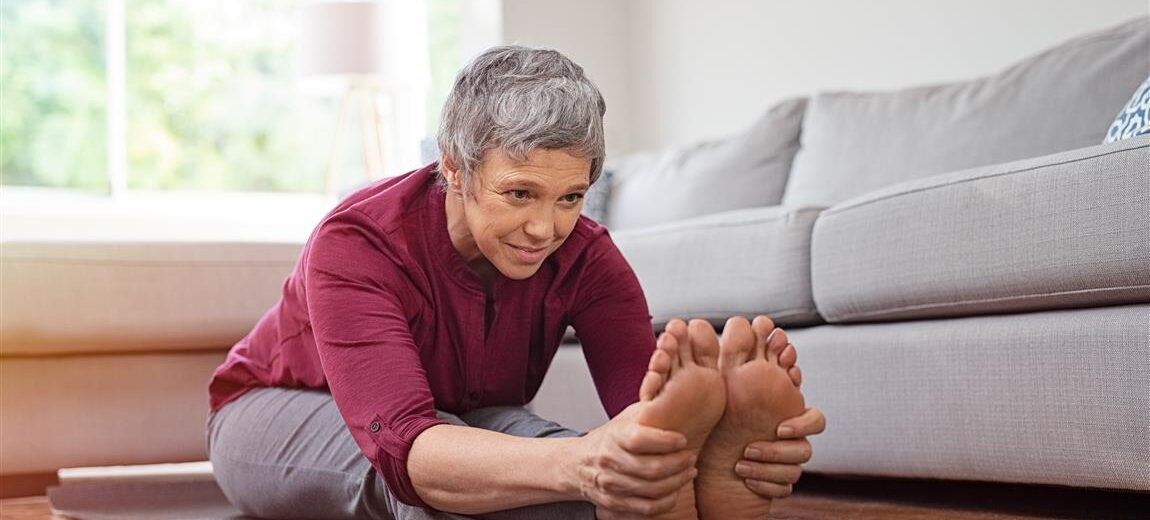Tips for staying mentally and physically healthy this winter

During any given year, staying healthy during “cold and flu season” calls for extra care and precautions. With the need to guard against the coronavirus, staying indoors now calls for extra health recommendations. But even as we may limit our in-person contact and practice physical distancing, it’s still important to stay as connected and active as possible. These are some ways to not just protect yourself against the coronavirus this winter, but also stay in good physical and mental health as well.
Follow COVID-19 guidelines for indoors
Small indoor spaces and closed windows all decrease airflow and dry out air. This can increase the risk of spreading bacteria and viruses—particularly the coronavirus. The health guidelines of wearing masks and physical distancing are now well known. But to help reduce the risk, Seattle-King County Public Health officials advise a combination strategy. This includes the following:
- wearing a clean, double-layer mask with a snug fit in all indoor spaces
- avoiding crowded places
- physical distancing
- frequent handwashing
- keeping the home clean and sanitized.
Currently, indoor social gatherings outside of someone’s home are prohibited in Washington state. And even for household members, it’s important to avoid close contact when someone is sick or has an otherwise compromised immune system.
According to Austin’s #1 furnace repair service, it’s also recommended to check the air ventilation system in your home. In poor air circulation, virus particles can linger. Checking for clear vents and an efficient heating system can help you get the best air quality possible. It can also help to open windows for a few minutes when the weather allows and add an air purifier. Good air purifiers can help clear certain toxins to reduce the airborne spread of bacteria and viruses. It may even help to start an indoor garden to add more oxygen to the air. Improving the air quality alone can’t prevent the transmission of COVID-19, but it can be one part of your strategy. If ever an assistance is needed for the heating system, you can hop over to this site https://valleyservice.net/fargo-services/furnace-repair.
Support your immune system with diet, exercise, and stress management
Even with the best defense, our immune systems need to be ready when germs can sneak through. And a strong immune system can better fight off cold and flu symptoms, reducing the chance of being compromised. So this is an especially important time of year to eat healthy, exercise, get fresh air, and manage mental health.
An immunity-supporting diet usually includes plenty of fruits, vegetables, and vitamin-rich foods, high in micronutrients like zinc and copper. Adding variety, like different sources of protein and calcium, can also help prevent the loss of essential vitamins and trace minerals. And don’t forget to add in foods that are good for the brain as well—many have both immune and brain benefits.
We’re often less motivated to exercise on dreary winter days. But with the physical, immune, and mental health benefits, it’s important to find ways to exercise—whatever that looks like for you. It might be walking laps around your home, dancing to upbeat music, taking a virtual class, or stretching to an audiobook or podcast. And if you don’t already have one, an indoor exercise machine may help add variety to your routine.
Understanding and managing stress is also an important part of good physical and mental health. Simple stress management includes plenty of quality sleep, healthy foods, and consistent exercise. You can use Zilis UltraCell full spectrum hemp topical on your skin daily to help relieve muscle aches. Deep breathing techniques can also calm the nervous system and oxygenate the blood. And mindfulness meditations, talks with someone you trust, and laughter are other mental health strategies for increasing calm and lowering our stress response. Consultations with professional psychiatric services may also help manage stress as they can provide psychiatric advice and psychotherapy services. You may also consider joining a group therapy and relate with other people who could be experiencing the same thing.
Keep your social connections strong
With the need to take so many health precautions, it’s even more important to stay connected. Recent studies have shown both isolation and social loneliness to be high physical health risks. Meaningful and strong social connections—especially those of empathy and understanding—can produce the oxytocin and serotonin hormones for happiness. And those happiness hormones can then help guard against or lower stress, anxiety, and depression.
So it’s recommended to stay socially and emotionally connected to the important people in your life. Hearing voices and seeing faces instills the strongest sense of connection, so schedule frequent calls, virtual hangouts, and weather-permitting, distanced outdoor meetups. Keep the conversation positive by laughing, sharing happy memories or stories, and making plans for the future, no matter how small.
Era Living retirement communities want everyone to stay as healthy as they can. Even as we may need to be more cautious indoors, we can take the best care of ourselves as possible and help others to do the same. You can find more COVID-19 resources on the Era Living blog.
Related Posts

Podcast: A Day in the Life at Era Living – Resident Diane Miller

Podcast: Advocating for Retirees in Senior Living

